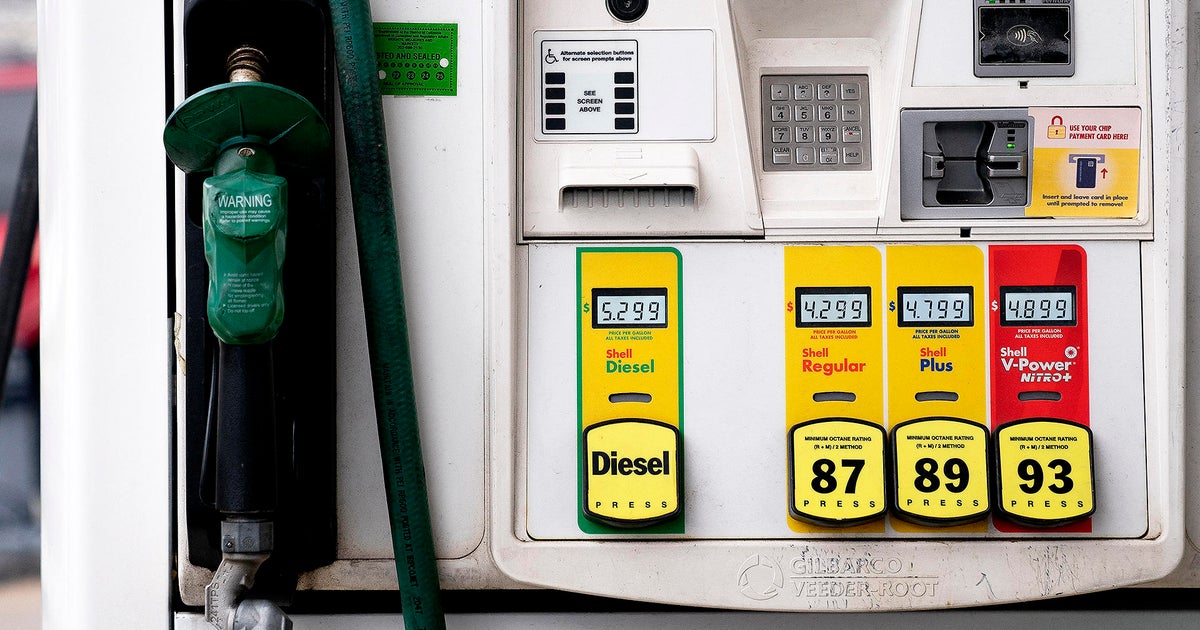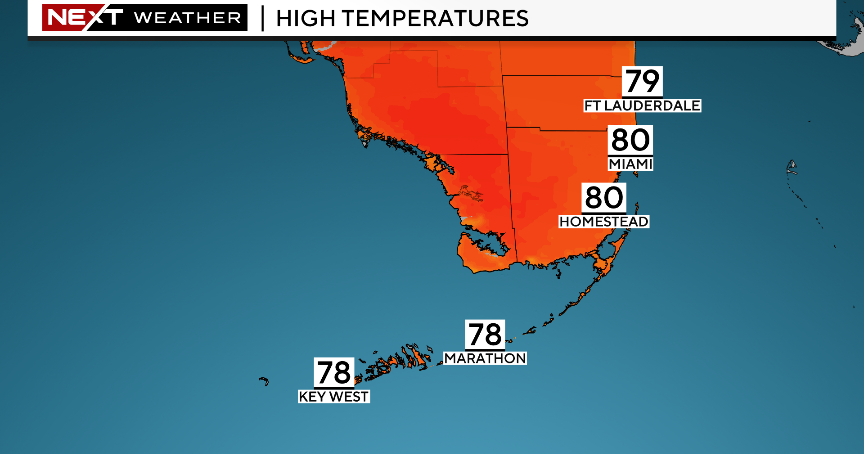"Facebook I-P-O" Good Bet or Not worth the Risk?
MIAMI (CBS4) - It's generating tremendous buzz in the investment community.
Some insiders say Facebooks' initial offering may already be oversold and may require a lottery to decide who gets in and who waits when public shares are finally available at an estimated $28 to $35 a share.
So what is the Facebook "Initial Preferred Offering" and is it a good bet for small investors when we can jump in later in the week?
For years, Facebook's' been a tightly held private company under its' founder Mark Zuckerburg.
Like so many other tech-giants, it's being sold as a public company to raise money.
But is it going to be a good bet once it's finally available to regular investors starting Friday?
Some local financial planners say no way!
Carlos Carbonell of Coral Gables Firestone Capital Management says by itself, Facebook Shares may be a risky Investment. But he adds, as part of a bigger portfolio, the risk may be acceptable as long as it's part of a balanced blend.
That's because recent tech releases have turned into mixed results.
If you bought $1000 worth of Apple Computer stock back in 1980, it would be worth about $173-thousand dollars today.
$1000 worth of Google in 2004 would be worth $5280 today.
But not every Hi-tech IPO has been a money-maker.
Josh Mungavin of Evensky & Katz found "Pets.com IPO February 10, 2000 went public at $11 per share and was in liquidation in 268 days. Groupon IPO November 4, 2011. If you invested $1000 at the end of the day it would be worth roughly $397.17 as of May 13, 2012 after splits and dividends.
Pandora IPO'd June 15, 2011. $1000 invested at the end of the day would be worth roughly $531.57 as of May 13, 2012 after splits and dividends."
While the big money, institutional investors will get their shares first at the lowest price, some local money managers say if you like to gamble, Facebook may not be a horrible idea and could turn into a so-called "Recreational" Investment.
Carbonell adds, "It may be a good way to get into following the market and give you something to talk about at cookouts and cocktail parties".
Typically, once the "first buzz" dies down, some tech stocks drop in value and actually become a better bargain a few weeks later than when they were first released.



